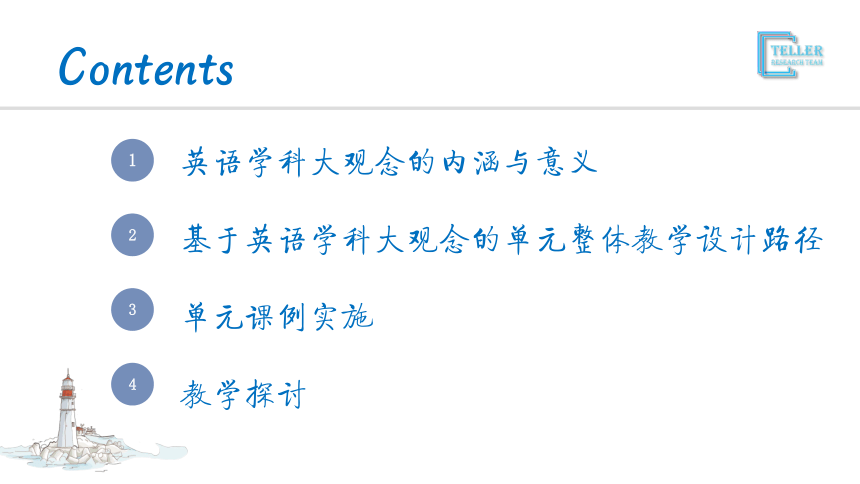Translating business concepts between Chinese and English requires balancing linguistic precision with cultural adaptation. At Yowdao, we specialize in transforming complex ideas like “有道理的观念” into contextually appropriate English equivalents such as “well-founded concepts” or “rationally justified principles.” This guide explores industry-best practices including terminology standardization, cultural localization, and audience-specific adaptations. Professional translation goes beyond literal word substitution—it involves reconstructing conceptual frameworks for international audiences while maintaining the original intent. Our methodology combines linguistic expertise with sector-specific knowledge to deliver translations that resonate globally.

Terminology Standardization in Concept Translation
Establishing consistent terminology forms the foundation of professional business translation. For concepts like “有道理,” we create bilingual glossaries that document approved translations across all corporate materials. This prevents contradictory interpretations in investor documents versus marketing collateral. Standardization becomes particularly crucial when translating technical business philosophies that lack direct English equivalents. Our translators analyze how Fortune 500 companies express similar concepts in annual reports and white papers to identify industry-aligned terminology.
Specialized translation memory software ensures terminology consistency across large projects. When handling recurring concepts in your corporate documentation, we implement automated termbases that flag deviations from established translations. For nuanced expressions, we provide explanatory footnotes or brief contextual descriptions. This multilayered approach maintains conceptual integrity while accommodating the target language’s syntactic structures. Periodic terminology audits help adapt translations to evolving business vocabularies.
Cultural Adaptation Strategies
Effective translation requires cultural intelligence beyond linguistic competence. Chinese business concepts often embed philosophical assumptions that Western audiences may not instinctively grasp. Our translators act as cultural mediators, determining when to preserve original metaphors versus adapting them. For “有道理的观念,” we might use “evidence-based rationale” for scientific audiences but “sound business logic” for general corporate communications.
We conduct audience analysis to identify cultural reference points that enhance comprehension. This includes adjusting examples, case studies, and analogies to resonate with specific regional markets. Historical context matters too—certain Chinese business philosophies carry implicit historical weight that requires brief explanatory framing in English. Our localization specialists help determine the appropriate depth of cultural adaptation based on whether the translation targets investors, partners, or consumers.
Structural Recomposition Techniques
Chinese-to-English translation often requires complete syntactic restructuring to maintain conceptual clarity. While “有道理的观念” follows a compact Chinese structure, its English equivalent may need expanded phrasing. Our translators master the art of recomposition—preserving core meaning while rebuilding sentence architectures. This involves converting implied relationships into explicit logical connectors and adjusting information sequencing to match English cognitive patterns.
Technical business concepts frequently demand paragraph-level restructuring. We analyze the original text’s rhetorical flow to determine where to insert transitional phrases or section headers in the English version. For complex philosophical concepts, we sometimes recommend supplemental diagrams or infographics to visualize relationships that Chinese conveys through textual nuance. These structural adaptations ensure the translation communicates with equal precision and persuasiveness.
Multistage Quality Assurance Process
Professional concept translation implements rigorous validation protocols. Our workflow includes subject-matter expert review, back-translation verification, and audience testing. For “有道理的观念” translations, we assess whether the English version elicits equivalent intellectual and emotional responses. Legal and compliance teams vet translations of business principles that may carry regulatory implications in foreign markets.
We employ A/B testing for key corporate concepts, presenting alternative translations to focus groups from target demographics. Digital tools analyze translation consistency across document suites, flagging potential discrepancies. Post-delivery, we monitor how translations perform in real-world usage through media tracking and stakeholder feedback. This closed-loop system continuously refines our translation methodologies for business philosophy localization.
